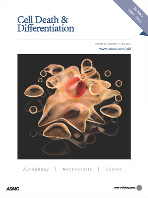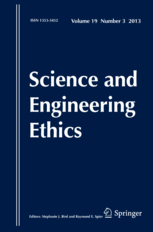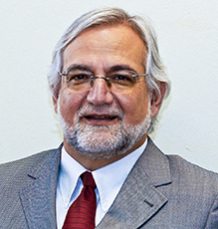
Yes, argues Roosy Aulakh, an associate professor in the Department of Pediatrics in the Government Medical College and Hospital in Chandigarh, India. In last week’s BMJ, she argues that recent measures to force researchers in India to produce a minimum number of publications to obtain promotions could set the stage for many problems, including fraud.
Retraction Watch: You cite a recent paper that showed more than 50% of Indian medical institutions and hospitals didn’t publish a single paper between 2005 and 2014. Did that finding surprise you?
Roosy Aulakh: Well definitely yes! With over 400 medical colleges in India producing more than 50,000 doctors an year, such poor research output surely came as a surprise.
RW: In response, the Medical Council of India (MCI) is now requiring researchers to publish at least four articles to become an associate professor, and eight to become a professor. Does that concern you? Continue reading Is it dangerous to set quotas for research output?



 A researcher charged with embezzlement — and now the
A researcher charged with embezzlement — and now the 
 In many fields, first authors on scientific papers represent the person who’s performed the bulk of the research. Sometimes, that determination can be difficult to make, so we’ve seen many papers that list multiple first authors, noting that each contributed equally to the work. But is it possible — or ethical — to claim six authors all deserve top billing on a paper?
In many fields, first authors on scientific papers represent the person who’s performed the bulk of the research. Sometimes, that determination can be difficult to make, so we’ve seen many papers that list multiple first authors, noting that each contributed equally to the work. But is it possible — or ethical — to claim six authors all deserve top billing on a paper?
